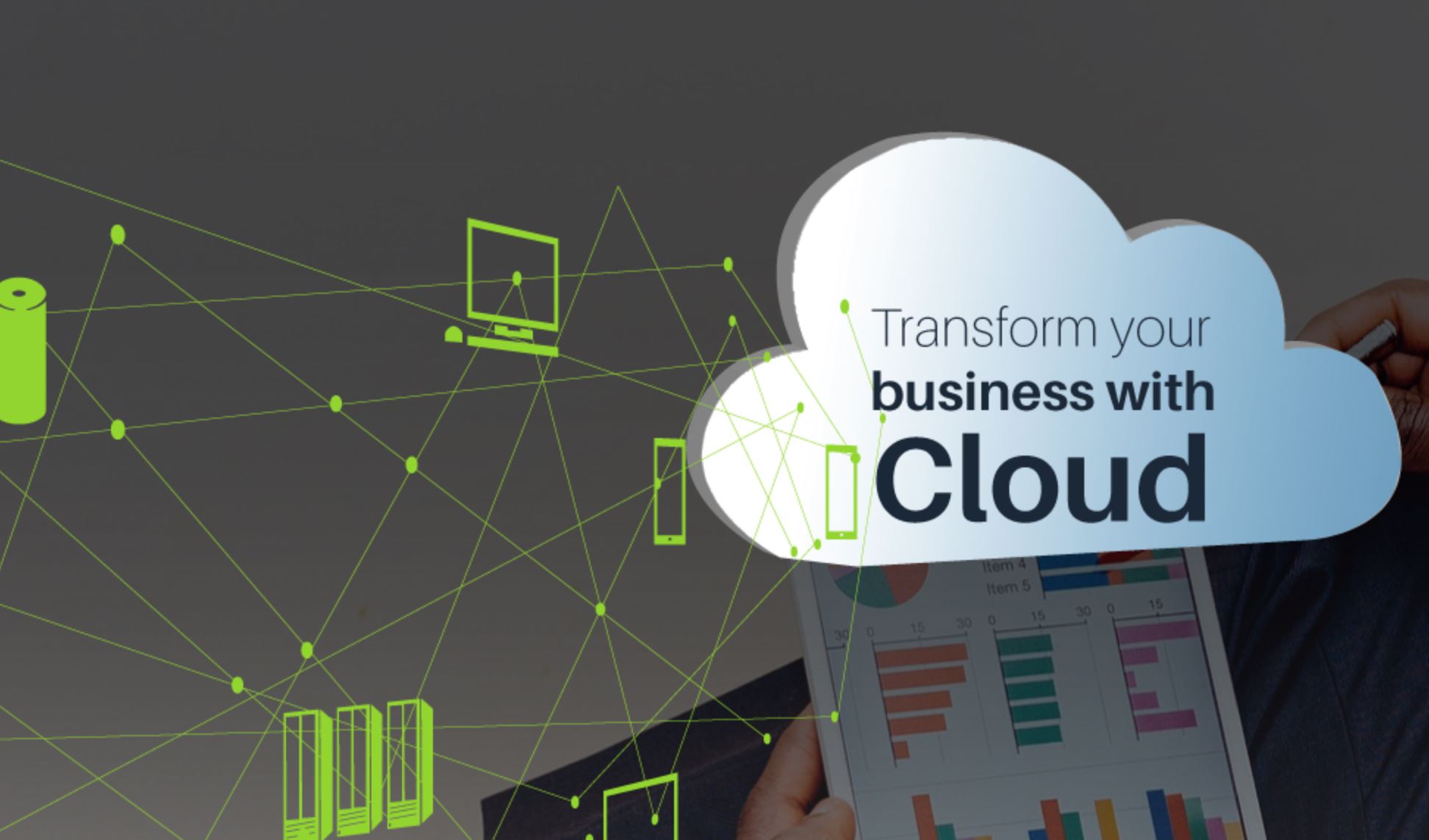Interview with Karen Fassio: Build a successful cloud business with Microsoft

This article was originally published on Small Business Trends by Paul Chaney.
IT companies are being forced to reshape their business models in a world where technologies are moving to the cloud in droves. Many need help making the transition, which is where companies like Microsoft, through the Microsoft Partner Network (MPN), play a vital role.
MPN equips Microsoft partners with training, resources, and support, enabling them to become more competitive in today’s marketplace.
One person responsible for helping partners take the leap into cloud-readiness is Karen Fassio, marketing director for the Worldwide One Commerical Partner Group at Microsoft, the group that manages MPN. She recently spoke with Meylah & Small Business Trends via telephone to discuss why IT providers should be transitioning to the Microsoft Cloud and share resources Microsoft can offer to aid in that process.
Fassio describes her role as helping IT providers take a look at the opportunities that becoming cloud-ready presents and figure out how they can reshape their business, their solutions, and even the talent on their teams.
She uses a variety of approaches to accomplish that task: The Microsoft Partner Network portal, the Cloud Ready Analyzer (a tool that helps IT companies assess their cloud-readiness) and working with teams to do partner-facing events and activities.
She also communicates regularly with the partner support community, which she says numbers in the “hundreds of thousands,” through digital media to make the partners aware of all the resources Microsoft has available.
“There is a lot of marketing transformation that I’m leading with our team so that we are ensuring that Microsoft is connecting and creating a relationship with our partners in a more personalized manner,” she said. “In that way, they start experiencing a more connected, cohesive message from Microsoft.”
In addition to listing her direct responsibilities, Fassio outlined some of the ways the Worldwide Partner Group working through the MPN helps IT companies make the shift to becoming cloud-ready.
Microsoft Cloud as Integration Point
Fassio said that through its cloud-based products and services (Office 365, Azure, CRM, etc.), Microsoft’s role is to serve as an integration point for IT providers — a backend solution that providers can build on in configuring solutions to problems their customers have. In some cases, that means a mix of on-premise and some cloud components, all in the cloud, or a hybrid of Microsoft products and other technologies.
Cloud Migration and Licensing Administration
Two additional areas where Microsoft can assist partners, according to Fassio, is in helping them migrate their customers to the cloud and in licensing, to help them close deals.
Regarding migration, she said, “We have created paths and migration solutions that make that easier to do because it sits inside a connected Microsoft technology suite.”
She added that with the advent of the cloud, administration of licensing has become more sophisticated.
“A lot of the licensing that comes with these solutions can all be served through the cloud solution provider program,” she said, “It takes the bulk of the licensing administration, tracking and utilization out of the realm of having a partner needing to manage that. Now the partner can focus on the solutions they are building for their clients while licensing-related tasks are managed by the indirect provider.”
Proof of Concept and Managed Services
Fassio emphasized two critical aspects of becoming a cloud-ready business are using proof of concept, which she refers to as a “trial or starter engagement to get a customer moving in the direction of the cloud,” and managed services.
“Managed services enables providers to utilize a subscription model that creates long-term recurring revenue rather than a point in time solution or licensing-only opportunity,” she said. “With both the proof of concept and managed service, you can move into more custom engagement, which is where a lot of our partners provide more differentiated value and earn stronger margins.”
Working with Other Partners
Fassio cited another advantage of becoming cloud-ready is that providers can move beyond their area of expertise by aligning with other partners who have different skill sets.
“By going to the cloud, you have more options for stitching together different solutions that don’t necessarily have to be in your own skill set,” she said. “That way, you can build something that is much more comprehensive with other partners that are also in that space.”
Cloud Competency Partner
Not only does MPN help IT companies shift to the cloud, but it also helps them gain expertise through the cloud platform competency program, which, according to Fassio, is a training and support program focused on a particular area of competency.
“For example, we have competencies that are focused on what we see partners building their practices on,” she said. “We also have a competency centered on productivity, for those partners doing a lot of Office 365 engagement and who are moving customers from a client based model to online models that can easily scale by customer demand and usage.”
Fassio added that MPN has other competencies programs focused on Azure and Dynamics CRM.
Regarding competency, she said, “Partners who are part of this program are basically identifying themselves as having expertise in a particular technical area. You’ve made an investment to become cloud-ready, and now Microsoft knows who you are and can help put you in front of customers so that when they are looking for solutions in your area of expertise, your business can show up inside our customer engagement engines.”
Cloud Ready Analyzer
The Cloud Ready Analyzer mentioned previously, is a tool designed to help IT companies that are struggling with the transition to becoming cloud-ready. Partners take a self-assessment of their current states and compare that to where they want to go.
“I think what most people find is that the Analyzer helps break down each of the key areas of transformation in a very consumable, actionable way,” Fassio said, “so that you can see the next step to get your business ready for the cloud.”
Additional Resources
Microsoft has no shortage of resources to help IT companies not only become cloud-ready and gain proficiency but also to grow their business.
“We have tracks for independent software vendors (ISV), managed service provider (MSP), system integrators (ISV) and resellers,” Fassio said. “There are different types of scenarios that try to base them off of to help a partner go from where they are to where they want to do.”
She recommended that partners start by delving into the MPN profitability resources, which, she said can “help people think not only about the market and where the customers are but also how peers like themselves are thinking about transition.”
MPN Provides End-to-End Solution
Fassio stressed that the Microsoft Partner Network is an end-to-end solution where partners can learn how to build and grow their business.
“We have tools that help you assess your marketing state; we provide guidance on the types of marketing activities you should engage in, and we have tools and templates and guided resources to help you develop a different marketing approach,” she said.
Besides that, the network has peer-to-peer communities and in-person events that let partners connect and build relationships, enabling them to support and learn from each other.
In concluding her remarks, Fassio stated that MPN’s goal is very pragmatic:
“When it comes down to it, our goal is to help our partners understand that Microsoft is on this journey with our partners. As we learn, we share. As we see new opportunities, we surface these and put resources in place to help partners take advantage of them as demonstrated through guided resources we’ve provided that help partners determine their personal business transformation and configure their profitability in the cloud.”Visit the Microsoft Partner Network website to learn about all the resources Microsoft has available to help partners transition to the cloud and grow their business in the process.
